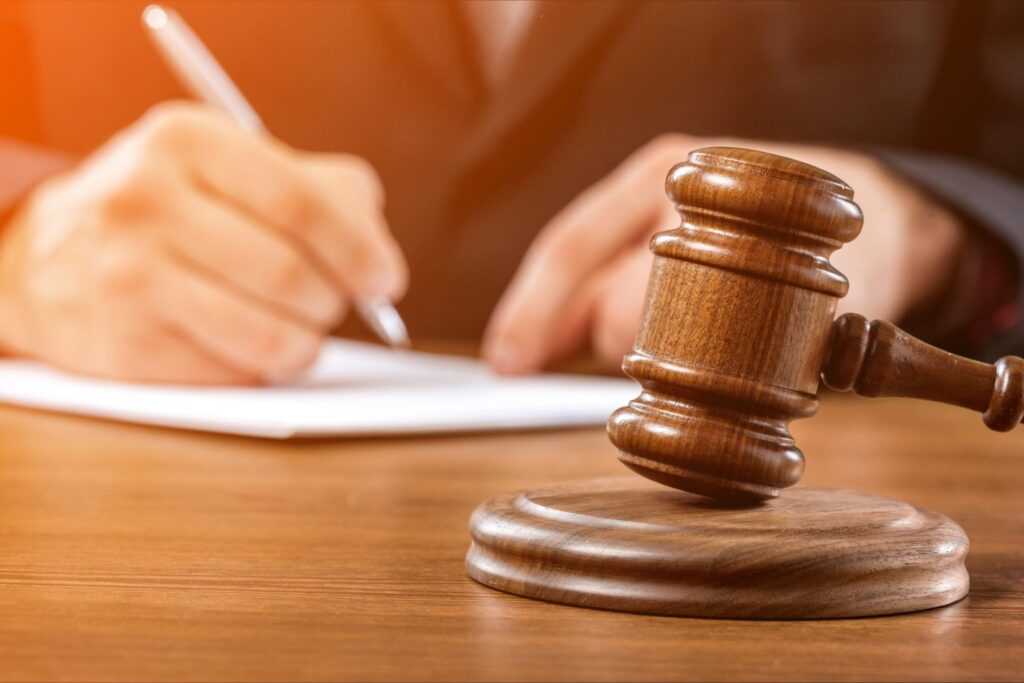In our last blog post, we examined the amicus curiae briefs that were filed for the defense team in Carpenter v. U.S., what is likely to be the most important criminal defense case heard by the U.S. Supreme Court in at least the next few years.
However, not all of the amicus briefs came out in support of the defendant, who’d been convicted of a theft crime on evidence that relied on his cell phone location, which the police had obtained using the third party doctrine. Four of the 21 amicus briefs urged the Court to side with the government, presenting arguments and viewpoints that might be overlooked by the federal prosecutor.
Crime Victim Submits Brief to Supreme Court
One of those amicus briefs was submitted by a Virginia patent attorney, Michael Varco. Varco claimed that people who were victims of a crime – as he’d once been – depended on the third party doctrine and the ability of police to access a suspect’s cell phone records.
However, Varco’s amicus brief proves that lawyers who know patent law do not necessarily know criminal law, as well. His brief repeatedly insists that law enforcement should be able to access someone’s cell phone records “pursuant to a court order.” However, the whole point of the third party doctrine is that police can access information that has been voluntarily given to a third party, like a cell phone provider, with court orders that are almost freely given out by magistrates, and that fail to protect your Fourth Amendment rights.
Law Professor Weighs In
A law professor at the George Washington University Law School, Orin Kerr, was the only legal scholar to support the government in an amicus brief (69 legal scholars wrote in support of the defendant). Kerr’s amicus is based on the idea that cell phone records are the “equivalent of unprotected observation in public space”: If police can gather evidence by standing on a public street corner, then they can access information that reveals the location of your cell phone.
Needless to say, this overlooks the fact that receiving cell phone location information requires very specific equipment that only cell phone providers have. It also flies in the face of the fact that, while everyone expects what they do in public to be seen by anyone who happens to be looking, very few people would also expect their cell phone location to also be accessible to anyone who wants it.
Input from Out-of-State Prosecutors
Prosecutors from the National District Attorneys Association wrote an amicus brief, as did the Attorneys General for 19 states.
Both briefs spend most of their words pushing the Supreme Court to simply hold firm on the third party doctrine and Fourth Amendment jurisprudence, mainly by trying to scare the Court with horror stories of what would happen if police couldn’t access this private information on a whim. However, the Attorneys General raise an interesting point: When police obtained cell phone records from the cell phone company, the defendant wasn’t in the picture. “Evidence lawfully in the possession of a third party is not his, even if it has to do with him,” the brief states. However, as a brief for the defendant points out, three-quarters of Americans are unaware that their phones even track their location, and a majority considers it an invasion of their privacy if the government uses that information.
This issue, whether a criminal defendant can claim a privacy right in information held by someone else if it’s generally understood that such privacy exists, is at the heart of this case.
Maine Criminal Defense Attorney William T. Bly
If you’ve been charged with a crime in Maine, call the law office of criminal defense attorney William T. Bly at (207) 571-8146 or contact him online for the vigorous defense you need.


